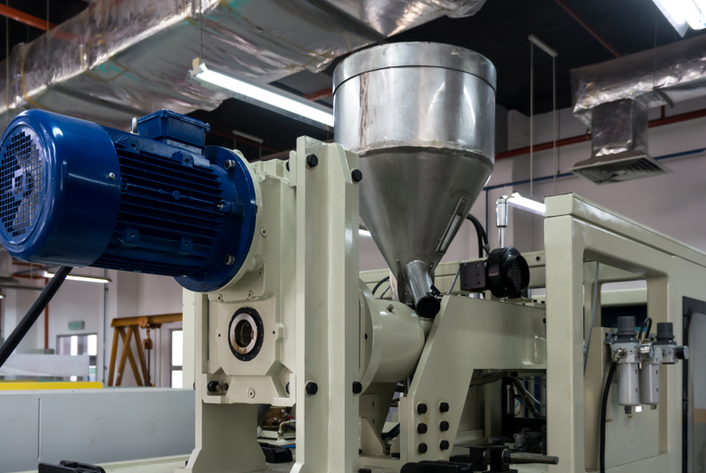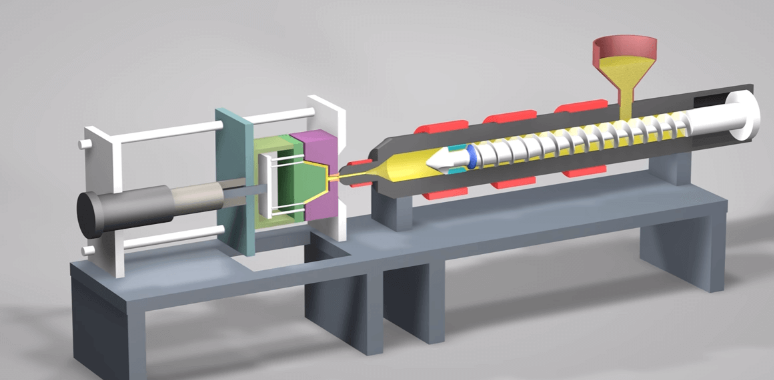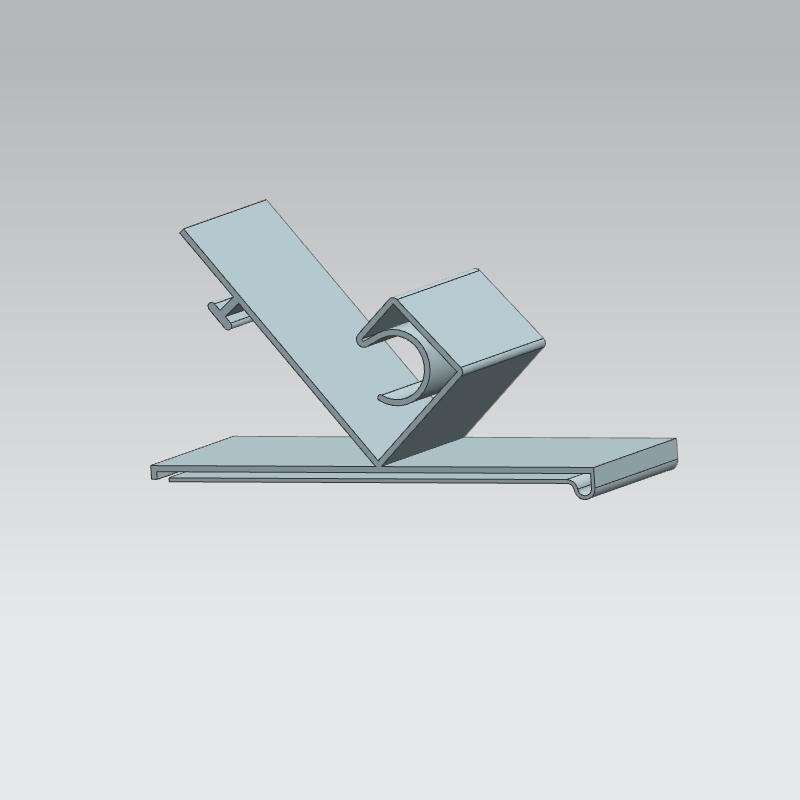Injection molding costs depend on factors like complexity, materials, and volume. Generally, it’s cost-effective for high production runs.
Overview of Injection Molding Costs
Understanding the Basic Cost Structure

Injection molding costs are multifaceted and can be broken down into several key components:
Mold Cost: The initial creation of the mold is often the most significant expense, varying greatly based on complexity and size. For a standard single-cavity mold, costs can start from $1,000 and go upwards to $50,000 for complex multi-cavity molds.
Machine Cost: The price of injection molding machines depends on their size and capabilities, ranging from $20,000 to $200,000.
Material Cost: The cost of plastic resins used in the process can vary, typically accounting for 20-50% of the total production cost.
Labor Cost: This includes the cost of skilled operators and technicians required to run and maintain the machines.
Energy Consumption: Injection molding machines are energy-intensive, with power consumption significantly impacting operational costs.
The total cost is a combination of these factors, making injection molding a more substantial initial investment compared to other manufacturing methods.
Comparing Injection Molding Costs with Other Manufacturing Processes
3D Printing: While initially cheaper for small-scale production, lacks the efficiency and material diversity of injection molding for larger runs.
CNC Machining: Often more expensive for large-scale production due to longer manufacturing times and higher material wastage.
Die Casting: Similar in cost structure to injection molding but generally more expensive due to the higher cost of metal compared to plastic.
For further exploration into injection molding and its cost comparisons, visit the Injection Molding Wikipedia page.
Initial Investment in Injection Molding
Cost of Injection Molding Machines
Investing in injection molding machines is a major part of the initial setup cost. The price varies significantly based on their size, functionality, and power:
Small Machines (up to 100 tons): These machines typically cost between $10,000 and $50,000, suitable for small components.
Medium Machines (100 to 500 tons): Used for mid-sized parts, these machines range from $50,000 to $150,000.
Large Machines (500 tons and above): Necessary for large parts, costing upwards of $150,000.
Power consumption, a crucial factor, ranges from 2 to 6 kW for smaller machines to over 20 kW for large ones, impacting long-term operational costs.
Investment in Mold Design and Manufacturing
Mold design and manufacturing constitute a significant portion of the investment. Costs depend on the mold’s complexity, size, and the type of material used:
Standard Single-Cavity Molds: These can cost anywhere from $1,000 to $5,000.
Multi-Cavity and Complex Molds: For larger or intricate designs, costs can escalate to $20,000 to $60,000 or more.
Steel vs. Aluminum Molds: Steel molds, though more expensive (often by 20-30% more than aluminum), offer greater longevity and precision.
Proper investment in quality mold design ensures longevity, reducing the need for frequent replacements and thus lowering the overall cost of production in the long term.
To understand more about the cost implications of injection molding, the Injection Molding Wikipedia page offers detailed insights.
Operational Costs of Injection Molding
Injection molding’s operational costs are a combination of material expenses, labor and maintenance, and energy consumption. Here’s a detailed breakdown in a tabular format:
| Cost Category | Details | Estimated Cost |
|---|---|---|
| Material Costs for Injection Molding | Cost of plastic resins used in molding. Depends on the type of resin and quantity. | $0.50 to $20 per pound depending on the resin type |
| Labor and Maintenance Expenses | Includes wages for skilled operators and routine maintenance costs. | Labor: Around $15 to $30 per hourMaintenance: Approximately 5-10% of the machine’s cost annually |
| Energy Consumption and Efficiency | Cost of electricity to run the machines. Depends on the machine size and efficiency. | Small Machines (up to 100 tons): 2-6 kWLarge Machines (over 500 tons): Over 20 kWElectricity Cost: Average $0.10 to $0.20 per kWh |
Material costs can be a significant portion of the operational expenses, especially for high-volume production. Labor costs are influenced by the complexity of the operation and the skill level required. Energy consumption varies with the size and efficiency of the machines, with larger machines requiring more power, thus increasing operational costs.
For more information on injection molding operations and costs, visit the Injection Molding Wikipedia page.
Cost Factors in Mold Design and Production
Complexity and Size of the Mold
Complexity and size significantly influence mold cost. More intricate designs with finer details require advanced machining and longer production times, increasing costs. A simple mold might cost around $1,000 to $5,000, while complex designs can escalate to $20,000 or more. Larger molds also demand more material and labor, further adding to the expense.

Material Selection for Molds
The choice of material for the mold directly impacts the cost. Steel, known for durability and longevity, is more expensive than aluminum but offers a longer lifespan. A steel mold can be about 20-30% more costly than an aluminum one.
Number of Cavities and Their Impact on Cost
The number of cavities in a mold is a crucial cost determinant. Multi-cavity molds increase production efficiency but come with higher manufacturing costs. For instance, doubling the number of cavities can potentially increase the mold cost by 50% to 100%.
Efficient mold design and production require balancing these factors to optimize costs while meeting production requirements and maintaining quality.
For further information on mold design and production, you can explore the Mold Wikipedia page.




